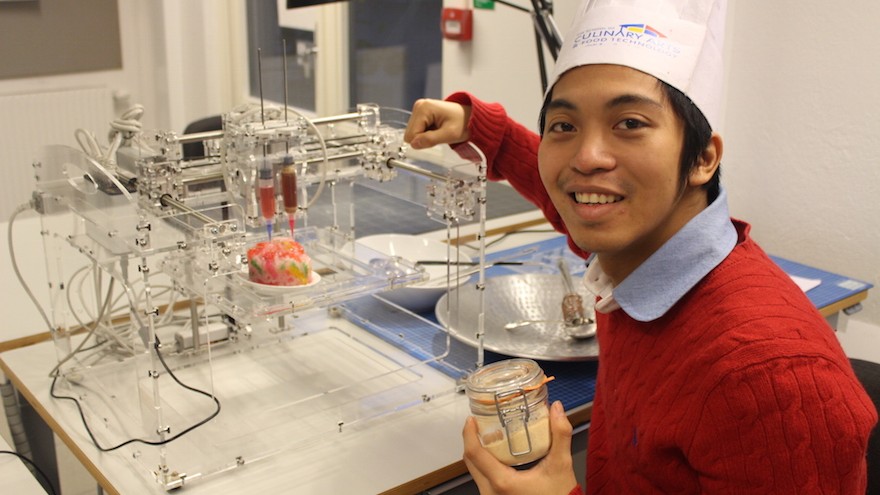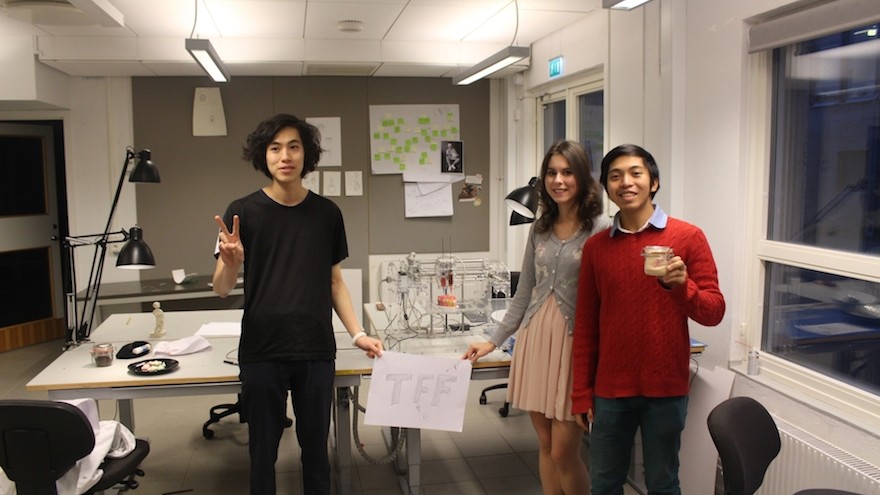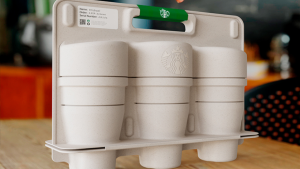An international group of master's students studying Food Innovation and Product Design at Lund University, Sweden successfully crowd-funded a campaign that hopes to use spoilt and wasted fruit and vegetables to combat increasing global starvation, by turning it into FoPo Powered Food.
Every year a total of 40 per cent of food is wasted in the United States, at a cost of $165 billion. That’s enough money to eliminate world hunger. And this is not even the worst news: most of the discarded food is entirely edible when it lands in a dustbin.
Unfortunately, the blame for this excessive waste lies throughout the produce chain. Farmers may not have sufficient post-harvesting facilities or their harvests exceed the demand, shop owners overstock displays to give the impression of bounty, and consumers buy more than they consume. All along the chain the excess, bruised or spoilt produce is discarded.
With their knowledge of food technologies, the Lund University team behind FoPo Powdered Food understands that bacteria in the water in the food cells cause the process of food deterioration to begin. If the produce is dried and powered just before it expires, it not only maintains its nutritional content but its shelf life is extended from two weeks to two years. The powder can then be used in addition to other food or mixed with water for the nutritional benefits.
In February 2015 the FoPo team won the runner-up prize of $5000 seed funding in the annual Thought for Food Challenge and caught the attention of the Philippine government, who has pledged to help pilot the project in the country’s poorer communities.
Apart from their ambitious plan to help feed 9 billion people by 2050, the co-founders of FoPo, Gerald Perry Min from the Philippines and Kent Ngo from Sweden, are excited about the possibilities the concept holds in aiding disaster relief teams:
“With 22 typhoons and a series of landslides and earthquakes devastating the Philippines every year, FoPo can be a good addition to the usual relief good packs consisting of unhealthy noodles and canned goods,” says Min. “Performing business in the Philippines also means providing more jobs to poor communities, something we are also exploring with our talks with the Department of Social Welfare and Development.”
The FoPo group have already teamed up with more than 25 supermarkets in the Philippines who will give FoPo their expired fresh produce to be freeze-dried and powered.
Freeze drying food is not a new concept but as their Kickstarter campaign explains:
“We are not introducing a new technology or product. We have just created value by fixing the inefficiency of the current food system.”









